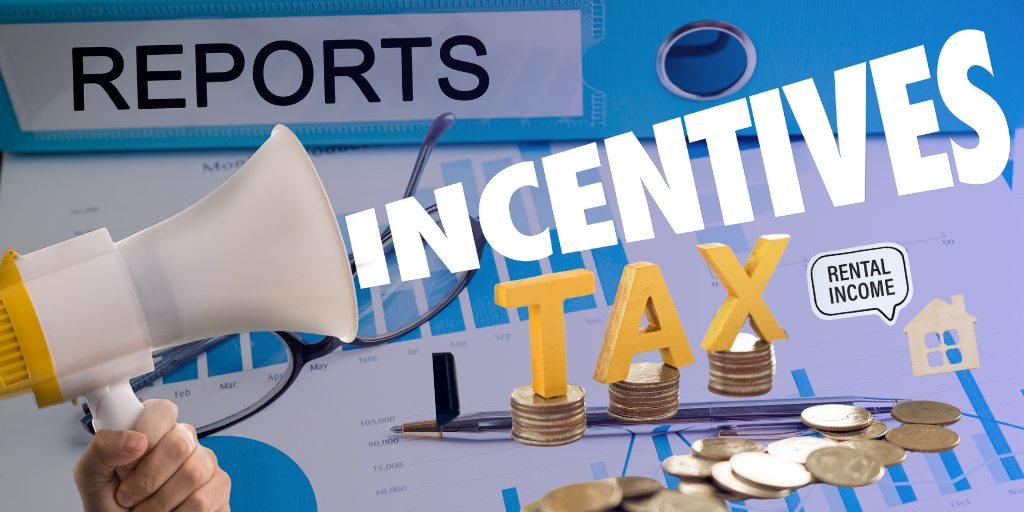Are you prepared to navigate the legal complexities of owning and managing multi-unit properties in 2024? Whether you’re an experienced property owner or a first-time investor, understanding the legal landscape is critical to protecting your investment and ensuring smooth operations. Below are key legal considerations for multi-unit property owners this year:
1. Tenant Rights and Lease Agreements
- Updated Lease Clauses: Review and update your lease agreements to comply with new local, state, or federal laws. Ensure clauses are clear about tenant responsibilities, rent terms, and dispute resolution.
- Eviction Protections: Many jurisdictions continue to enforce stricter tenant protection laws. Understand the required procedures and valid grounds for evictions to avoid legal disputes.

2. Fair Housing Compliance
- Non-Discrimination Policies: Ensure that your advertising, screening, and rental practices comply with the Fair Housing Act. Avoid practices that could be deemed discriminatory based on race, gender, disability, or other protected categories.
- Reasonable Accommodations: Be prepared to make reasonable accommodations for tenants with disabilities, such as permitting service animals or modifying units for accessibility.
3. Property Maintenance Standards
- Building Codes: Stay up to date with local building codes, including fire safety regulations and energy efficiency requirements. Non-compliance can lead to fines and tenant complaints.
- Health and Safety Inspections: Regular inspections can help you avoid legal liability by addressing potential hazards before they become issues.

4. Short-Term Rentals and Zoning Laws
- Restrictions on Short-Term Rentals: If you’re considering offering units as short-term rentals, research local zoning laws and restrictions. Many cities have tightened regulations to address housing shortages.
- Licensing Requirements: Obtain the necessary permits and licenses to operate short-term rental units legally.
5. Tax Implications and Incentives
- Rental Income Reporting: Keep meticulous records of rental income and expenses to comply with IRS requirements and avoid audits.
- Green Initiatives: Take advantage of tax incentives for eco-friendly upgrades like solar panels, energy-efficient appliances, and water-saving systems.

6. Insurance Requirements
- Landlord Insurance Policies: Review your policies to ensure adequate coverage for property damage, liability claims, and loss of rental income.
- Flood and Natural Disaster Coverage: Depending on your property’s location, you may need specialized coverage for risks like floods, earthquakes, or hurricanes.
7. Data Privacy Laws
- Secure Tenant Information: With increasing emphasis on data privacy, ensure that tenant information is stored securely and used only for legitimate purposes.
- Compliance with Privacy Laws: Understand state-specific privacy laws, such as the California Consumer Privacy Act (CCPA), if applicable.

8. Emerging Trends: Sustainability and ESG Requirements
- Environmental Compliance: Be aware of evolving environmental laws impacting multi-unit properties, such as waste management and emissions standards.
- ESG Reporting: Larger property owners may need to comply with environmental, social, and governance (ESG) reporting requirements.
Conclusion
Navigating the legal obligations of multi-unit property ownership in 2024 demands vigilance and adaptability. By staying informed and seeking professional legal advice when necessary, you can mitigate risks and position your property for long-term success. Keeping these considerations in mind will help you remain compliant and maintain positive relationships with your tenants and community.

Inquire now to connect with the best property managers in town and ensure your property is in capable hands.


